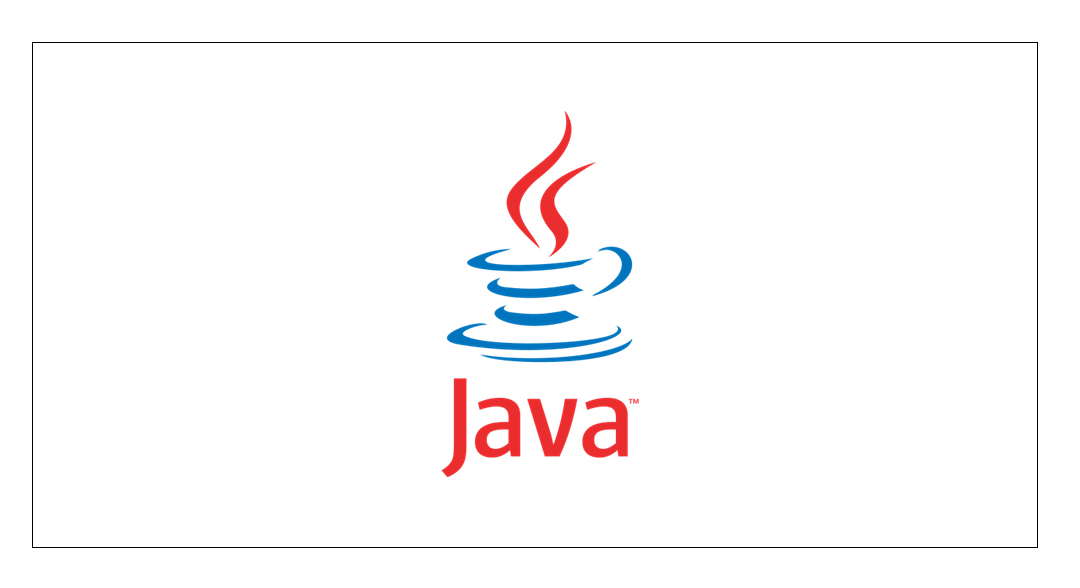What is Java

Available with Multiple Technology
Web / Mobile Version!
What is Java?
- Java is a high-level, object-oriented programming language designed to be platform-independent. This means Java code can run on any system with a Java Runtime Environment (JRE) installed, making it versatile and widely applicable.
- Developed by Sun Microsystems (now owned by Oracle), Java has been around since 1995 and remains one of the most popular languages today due to its stability, robustness, and large developer community.
Key Features of Java:
- Object-Oriented: Java adheres to object-oriented programming principles, where code is organized into reusable "objects" that represent real-world entities. This promotes modularity, code maintainability, and easier collaboration among programmers.
- Platform-Independent: Java code is compiled into bytecode, an intermediate format that can be run on any platform with a JRE. This allows developers to "write once, run anywhere," saving time and resources.
- Secure: Java prioritizes security by incorporating features like garbage collection (automatic memory management) and strong typing to prevent common programming errors.
- Rich Ecosystem: Java boasts a vast library of pre-written code (APIs) that developers can leverage to build applications efficiently. These APIs cover various functionalities, from database access to networking.
What is Java Used For?
Java's versatility makes it applicable in various domains:
- Enterprise Applications: Java is a cornerstone of enterprise software development due to its scalability, security, and maturity. It's used to build complex applications for businesses of all sizes.
- Android App Development: Java was the primary language for Android app development until the introduction of Kotlin as a first-class option. Many existing Android apps are built with Java, and it remains a viable choice for developers.
- Web Applications: Java can be used for web development through frameworks like Spring Boot. These frameworks simplify the creation of web applications with robust features and functionalities.
- Big Data and Data Science: Java's ability to handle large datasets makes it suitable for big data processing and data science tasks. Libraries like Apache Spark leverage Java for large-scale data analysis.
- Embedded Systems: Java can be used to program embedded systems due to its compact runtime environment and real-time capabilities. This opens doors for its application in devices like routers and smart TVs.
Learning Java
Java is a great language to learn for beginners due to its well-structured syntax, vast learning resources, and large, supportive community. Many online courses and tutorials are available to get you started.
Java's popularity might show a slight decline in recent years with the rise of other languages, but it still holds immense value in the programming world. Its established ecosystem, security features, and vast codebase make it a dependable choice for various development projects.

